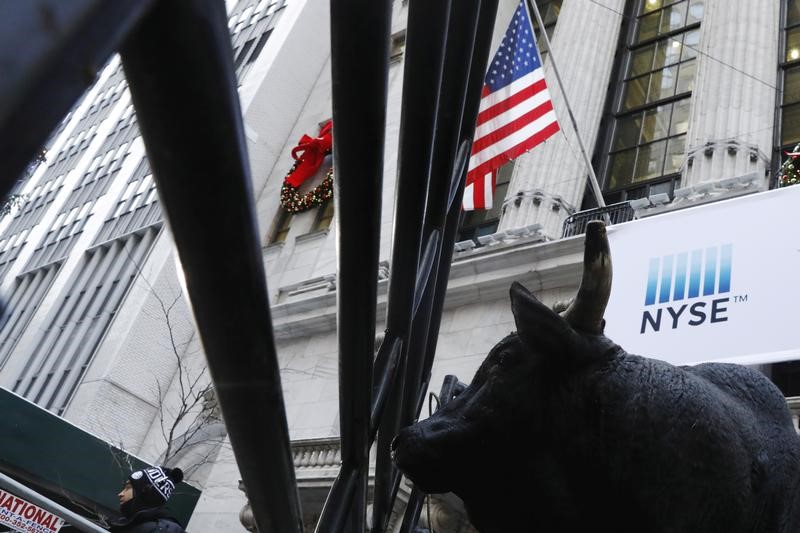(Bloomberg) -- After billionaire Jeffrey Gundlach’s tout spurred a rush into an ETF filled with leveraged loans last month, the fund has fallen out of favor.
The $5.5 billion Invesco Senior Loan ETF, or BKLN, has seen outflows for five straight weeks, according to data compiled by Bloomberg. Just in February, investors have yanked more than $560 million from the exchange-traded fund, which is now on pace for its worst month of withdrawals since October 2018.
A key reason for profit taking after massive inflows in the previous five months is the Federal Reserve’s stance. Floating-rate debt is very sensitive to changing monetary policy -- and tends to do better as interest rates rise. While officials have indicated they could leave borrowing costs unchanged for months, some investors are betting on a reduction amid risks stemming from the coronavirus outbreak.
The disease has worsened the outlook for the global economy, and that affects the view of central banks around the world, said James Pillow, a managing director at Moors & Cabot Inc. “As expectations for an FOMC rate cut have increased, the interest for floating-rate debt has drastically abated.”
Interest-rate cuts by the Fed lessened the appeal of floating-rate debt last year, which was the worst for leveraged-loan fund outflows since Refinitiv Lipper began keeping data in August 2003.
Investors withdrew a net $213.5 million from BKLN in the latest session, reducing the fund’s assets by 3.7% to the lowest level since Dec. 6, according to data compiled by Bloomberg. It was the biggest one-day decrease since June. The ETF has attracted net inflows of $235.8 million in the past year.
The spike in interest in the fund earlier in 2020 came as Gundlach, the chief executive officer at DoubleLine Capital, said on his annual “Just Markets” webcast that a retiree who wants to earn a 7% return with low duration and volatility risk could buy BKLN.
In that same week, U.S. leveraged-loan funds saw their first influx of money in almost four months and the largest since October 2018, according to Refinitiv Lipper data.
